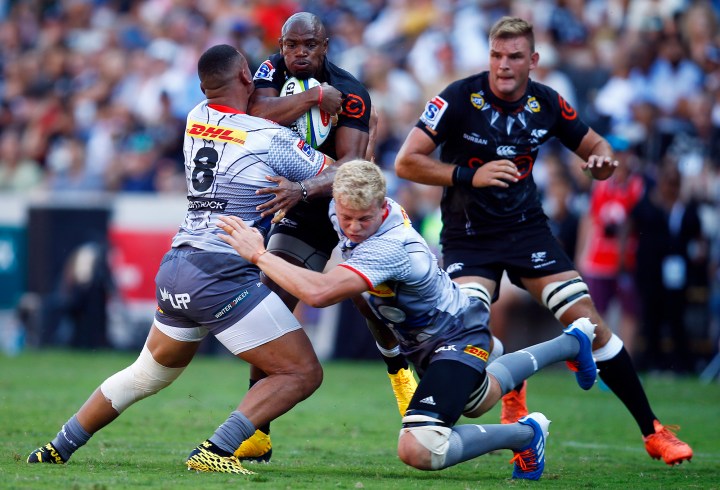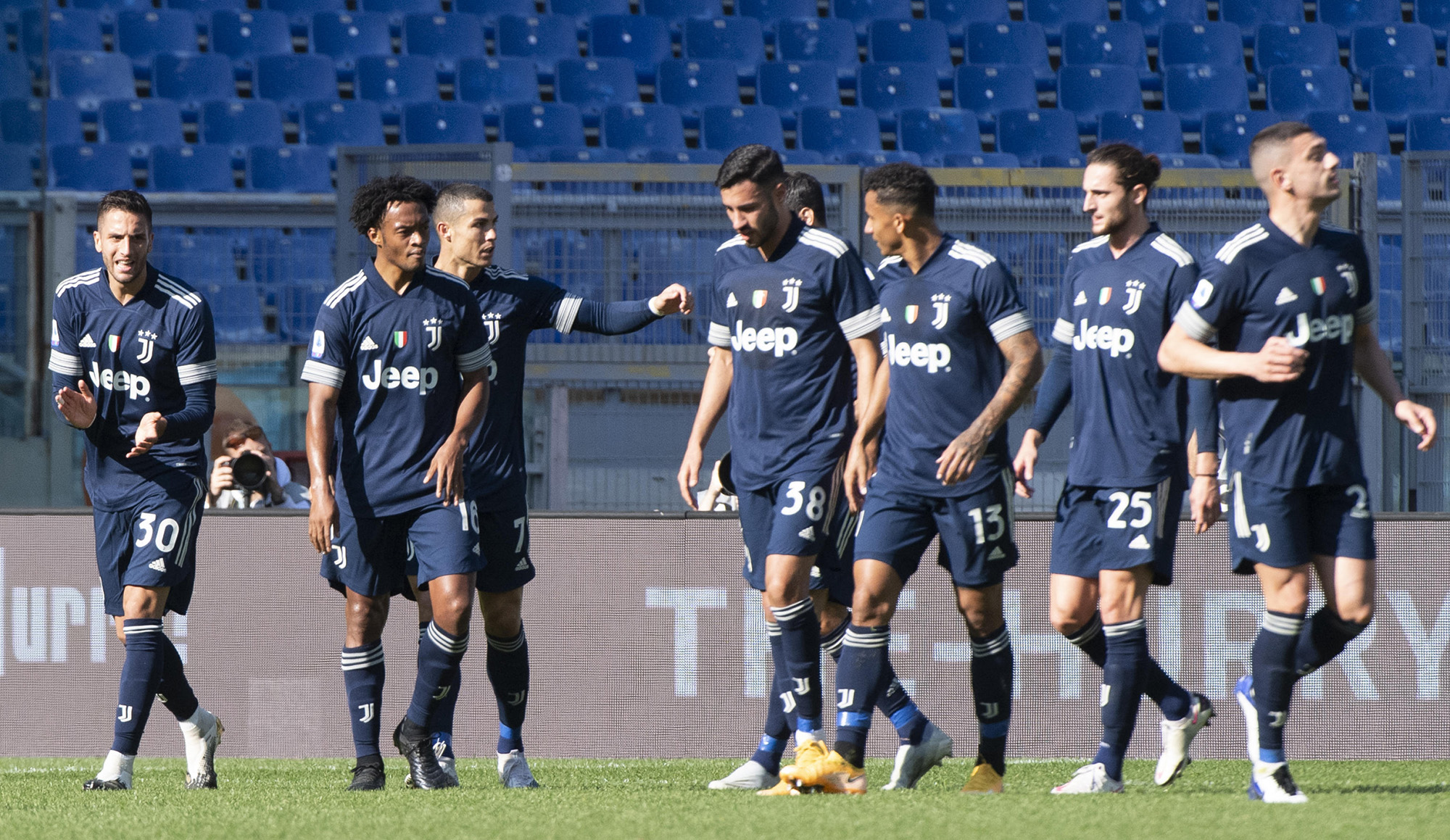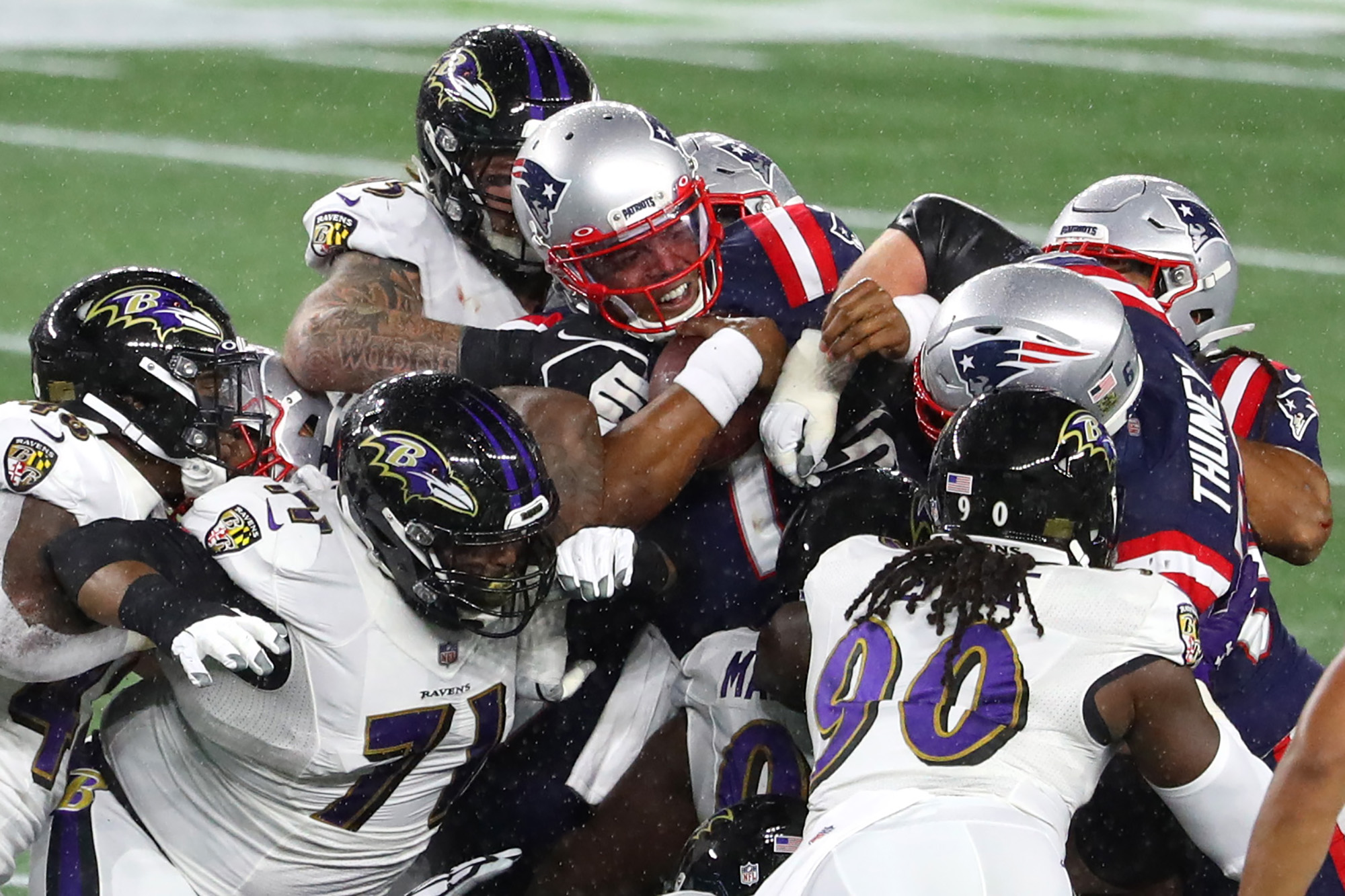DANGEROUS GAMES
Sports industry battles to balance sustainability with Covid-19 health risks

With sports events, tournaments and matches happening globally, there has been an unsurprising spike in Covid-19 infections. Could the industry’s desperate need for short-term gain lead to longer lockdowns in the long term?
Hardly a day goes by without another report of a high profile sportsperson, or team, contracting Covid-19, leading to the cancellation of matches and contests.
Just this week, SA Rugby issued a warning to its players in the Super Rugby Unlocked competition, which ends this weekend. Three matches have been cancelled because of clustered Covid-19 outbreaks.
This week SA Rugby had to cancel the Sharks versus Stormers match, which was due to be played this coming weekend. The upshot is that the decision has effectively handed the title to the Bulls. The Lions’ matches against the Cheetahs and Pumas were also cancelled earlier in the tournament.
“Players and management are urged to employ extreme caution in their social engagement,” said Jurie Roux, SA Rugby CEO.
“It only takes one careless interaction by a single player to have the knock-on effect that impacts on 45 other players, team managements, the schedule and potentially the destination of the title.
“As fit young athletes, it may be tempting to think that they are ‘immune’ to infection and are free of comorbidities that make them vulnerable. But a positive test for one of them can have massive repercussions.
“I trust that team managements will underline that message on a daily basis to their playing personnel.”
Last month English rugby club the Sale Sharks had to forfeit their final Premiership game after 27 players and management contracted the virus. Among them were several Springboks playing for the club, with the hardest hit being World Cup winner Faf de Klerk.
The fiery scrumhalf said he was the worst hit of the Sale players, but that he had now made a full recovery.
“I was pretty bad. I had severe body aches and a fever for the first few days. After that, I was a bit tired. I was probably one of the worst cases at the club but I think I have had worse cases of flu,” De Klerk said.
Global movement of players adding to the problems

International football matches over the past 10 days raised criticism from medical experts as players flew all over the world to join their national teams at a time when the virus is spiking in Europe and the US. (Photo: EPA-EFE / ANSA / Claudio Peri)
Global club football gave way to international matches over the past 10 days, raising criticism from medical experts as players flew all over the world to join their national teams at a time when the virus is spiking in Europe and the US.
In the latest release from the English Premier League, 16 players returned positive results in 1,207 tests conducted from 9-15 November. It’s a low percentage, but compared with previous weeks, where players were in a more controlled environment at their clubs, it was a significant jump.
In more than 4,500 tests in the previous three weeks, there were only 10 positive cases, underlining that the movement of players across the globe has probably had an impact on Covid-19 cases.
In the US, the recently concluded Major League Baseball (MLB) was hit heavily by Covid-19, despite cutting the number of games in its season from 162 to 60 per team, playing in empty stadiums and enforcing strict regulations such as having teams only playing against other teams in their division to limit travel.
By the end of September, 41 MLB games had to be cancelled and a team such as the Florida Marlins had 18 positive cases in one round of testing.
The National Football League (NFL) was initially reluctant to change its scheduling around Covid-19 and in its pre-season camps across the country there were 75 positive tests in August alone.

The US National Football League (was initially reluctant to change its scheduling around Covid-19, but by last week, more than half the league’s teams had at least one employee diagnosed with Covid-19 as the number of positive cases soared in the US. (Photo by Maddie Meyer / Getty Images)
Before the season started, 67 players opted out of the campaign because they were not comfortable with the NFL’s handling of the pandemic protocols. Those players received a salary stipend for the 2020 season, with their existing contracts moving out by a year, therefore taking effect from 2021. The stipend of $150,000 was considered a loan against their future earnings.
By last week, more than half the league’s teams had at least one employee diagnosed with Covid-19 as the number of positive cases soared in the US. Under NFL rules, if a player has five negative days of testing, he can play again.
The NFL was allowing limited attendance of fans at some matches, but as the cases of Covid spiked, teams such as the New England Patriots banned fans for the remainder of the season.
The fact that no high profile active professional athletes have died from the virus has added to sport’s sense of carrying on regardless. The alternative is viewed as worse.
The financial cost of not playing is massive
There are dozens more incidents like those mentioned and they are increasing because of sports’ desperation to be back on the fields, courts, arenas and tracks around the world. The cost of not playing, of not feeding the beast that is the broadcasters with a diet of competitions to fill thousands of TV hours has made sport and Covid-19 strange bedfellows.
The industry simply cannot afford to shut down – there is too much money at stake and too many livelihoods on the line. No one has come out and said it publicly, but it’s obvious that containing and mitigating the impact of Covid-19 flare-ups is much more palatable than cancelling events altogether.
In a recent study compiled by football’s European Club Association (ECA), the reading is frightening for the accountants, owners, players and fans.
The ECA, which represents more than 260 European clubs from 55 nations, predicts that the coronavirus pandemic will cost European football more than $4.5-billion (R67-billion) over the course of the 2019-20 and 2020-21 seasons in lost revenue. And that estimate might be conservative.
Juventus FC chairman Andrea Agnelli is quoted in the report saying: “We are now entering into a new era; not a post-Covid-19 era but rather one in which we are learning to live with constant health and economic risks. As an industry, we must adapt. We must be more robust and sustainable in order to better cope in times of crisis.”
SA Rugby earlier this year drew up a hasty collective agreement to shave R1.2-billion off the industry’s costs to ride out the pandemic. That was a worst-case scenario, but the fact that Super Rugby Unlocked and the Currie Cup will be played, has revised that number downward slightly.
The global sports industry is worth the GDP of a medium-sized country and, like a country, its leaders are grappling with the best way to save the economy and future sustainability against the health risks. Unlike a country, the global sports industry is not one collective voice and does not fill a confined geographical space.
There are millions of fans, hundreds of thousands of athletes, thousands of federations and a myriad other moving parts in sport. A one-size-fits-all approach can’t work and the only common factor is that they all have to be active to survive. The question is: at what ultimate cost? DM


















 Become an Insider
Become an Insider
Comments - Please login in order to comment.